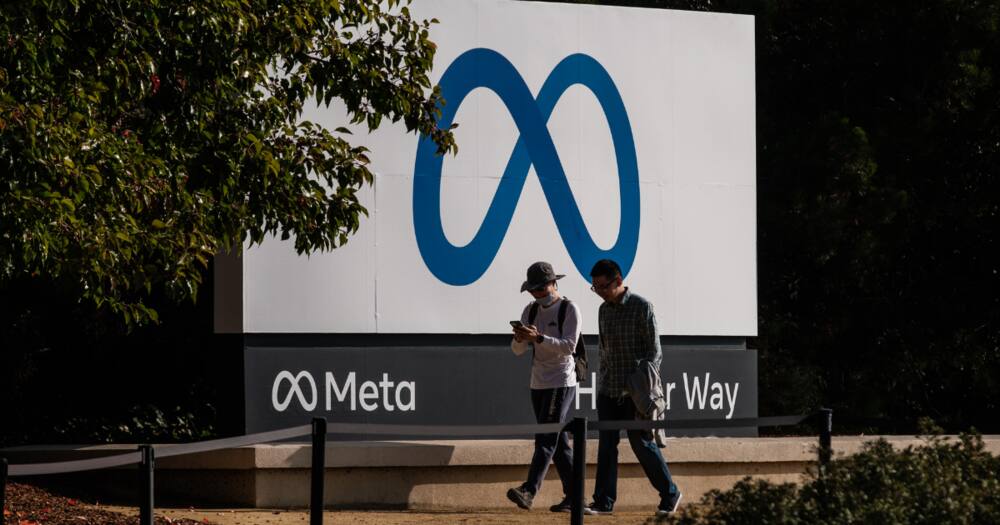Advertisers Will No Longer Be Allowed to Place Targeted Ads on Facebook, Says Meta
- Advertisers on Meta's social media platforms will no longer be able to use tailored advertising to target specific users
- The company took this decision after having conversations with experts and finding that target ads have a negative impact on minority groups
- Meta says it is aware that moving away from tailored advertising will have a harmful impact on businesses and social issues groups
PAY ATTENTION: Click “See First” under the “Following” tab to see Briefly News on your News Feed!
SAN FRANCISCO - Meta Platform Inc, the company previously branded as Facebook Inc, says advertisers on its social media platforms will no longer have the option to promote targetted content or ads.
Advertisers are currently allowed to specifically target users based on health, race, ethnicity, sexual orientation, political beliefs or religion, among other demographics.

Source: Getty Images
According to SABC News, the change will only be implemented on 19 January, 2022 and will affect Meta's social media apps such as Facebook, Instagram and Messenger.

Read also
EFF: Party releases statement outlining demands for ANC before coalitions, calls for removal of 'Die Stem'
The company's targeted advertising has been widely criticised in the past and Meta says upon consulting with experts, the company realises that such an option could have a negative impact on minority groups.
PAY ATTENTION: Never miss breaking news – join Briefly News' Telegram channel!
Removal of targeted ad option will have a negative impact on businesses
The targeted ad option is not only used by businesses but is also used by political organisations for their campaigns as well as social issues groups.
Meta says the company is aware that removing the tailored ads option will be detrimental to businesses and non-profit organisations but it feels moving forward with this decision is the best course of action.
According to the New York Times, Meta will also be affected by the change in policy as the majority of the company's R1.29 trillion ($86 billion) in yearly income comes from tailored advertising.

Read also
Political parties have 2 weeks to remove posters in Joburg, City threatens with R1000 fine per poster
Social media users react to Meta's change in policy
Several people took social media to express their thoughts about Meta's policy change. Some people felt that it's already too late to implement such a change while others took note that the change will impact the company financially.
Here are some comments:
@zxiamhere said:
"Too late M.Z.! Like this is the only problem."
@antinopol said:
"They destroying evidence, this project is not finished without violating several laws - like profiling people without their consent, access to their webcam to register emotions to certain ads. That's why he deleting already a.i. trained faces, no emotions in photos, only camera…"
@Investurd1 said:
"Bye bye $FB you had a good run."
@ChristineOnofr2 said:
"Good! Maybe someone told them that when I was diagnosed with breast cancer every other advertisement had to do with cancer. Thanks for the reminder, Facebook!"

Read also
Facebook says goodbye to facial recognition, cites societal concerns about ethics as company faces backlash
@mn_opinio said:
"Yeah right, and lose money?"
Facebook says goodbye to facial recognition
Briefly News previously reported that Meta Platforms Inc, previously known as Facebook Inc, has issued a statement declaring that they will no longer employ facial recognition in their technology.
In recent months, Facebook Inc has come under fire regarding ethical concerns about the company. Their rebranding effort, which caused their name change, seeks to make necessary changes to its mission and structure.
SABC News reported that despite the popularity of facial recognition technologies, society has become critical of them. People feel it threatens their privacy and can be utilised for intrusive means, such as monitoring certain groups of people.
Source: Briefly News
